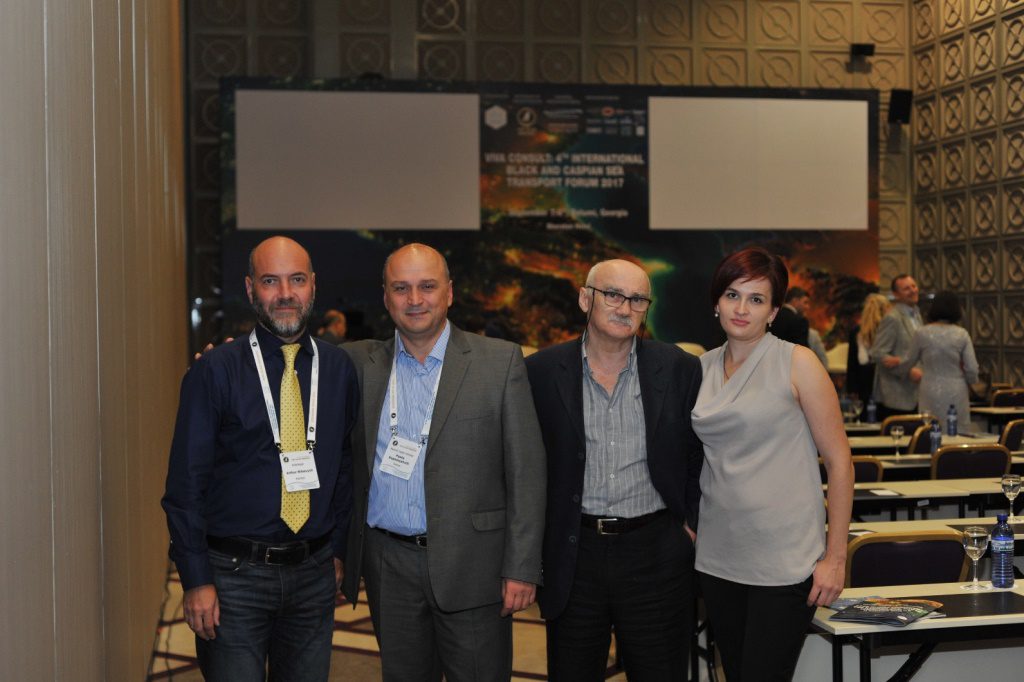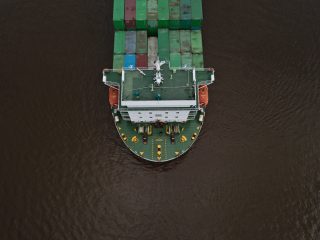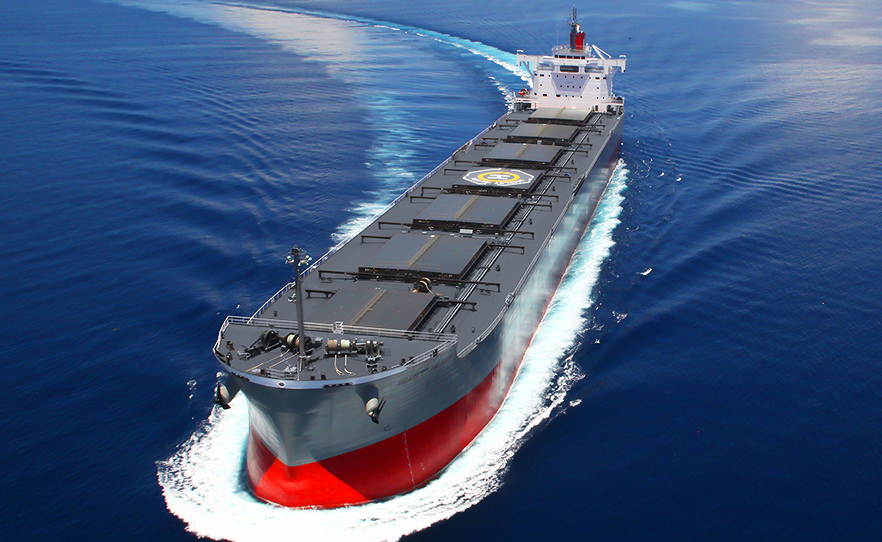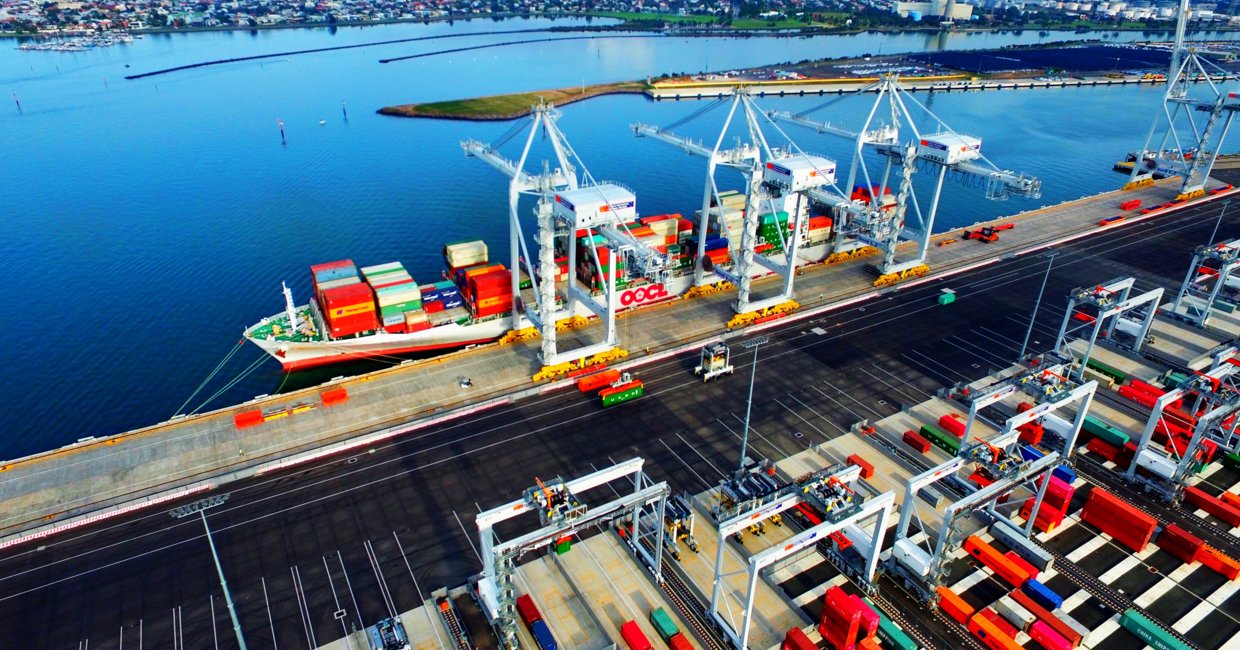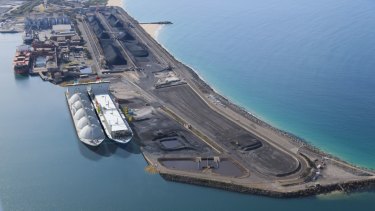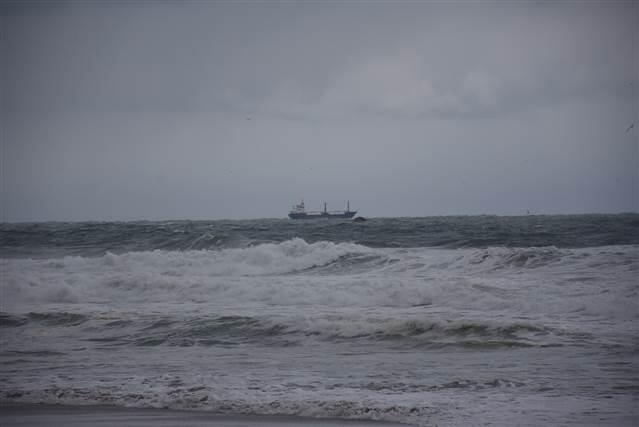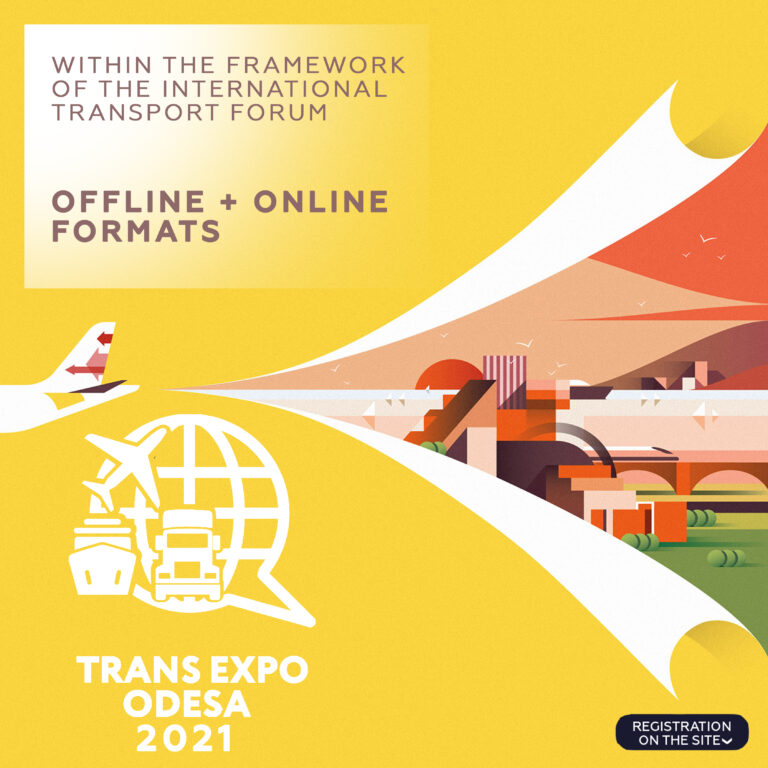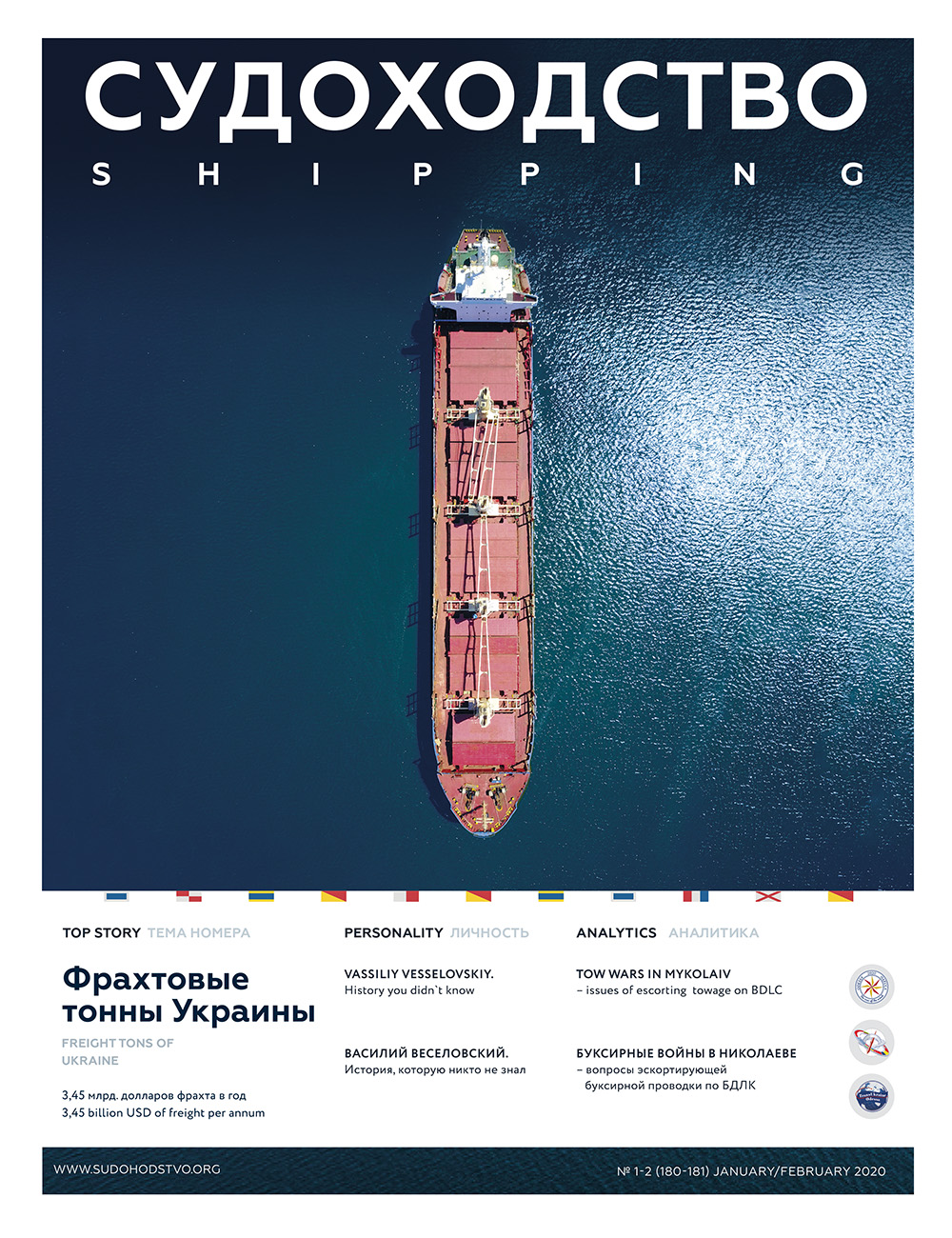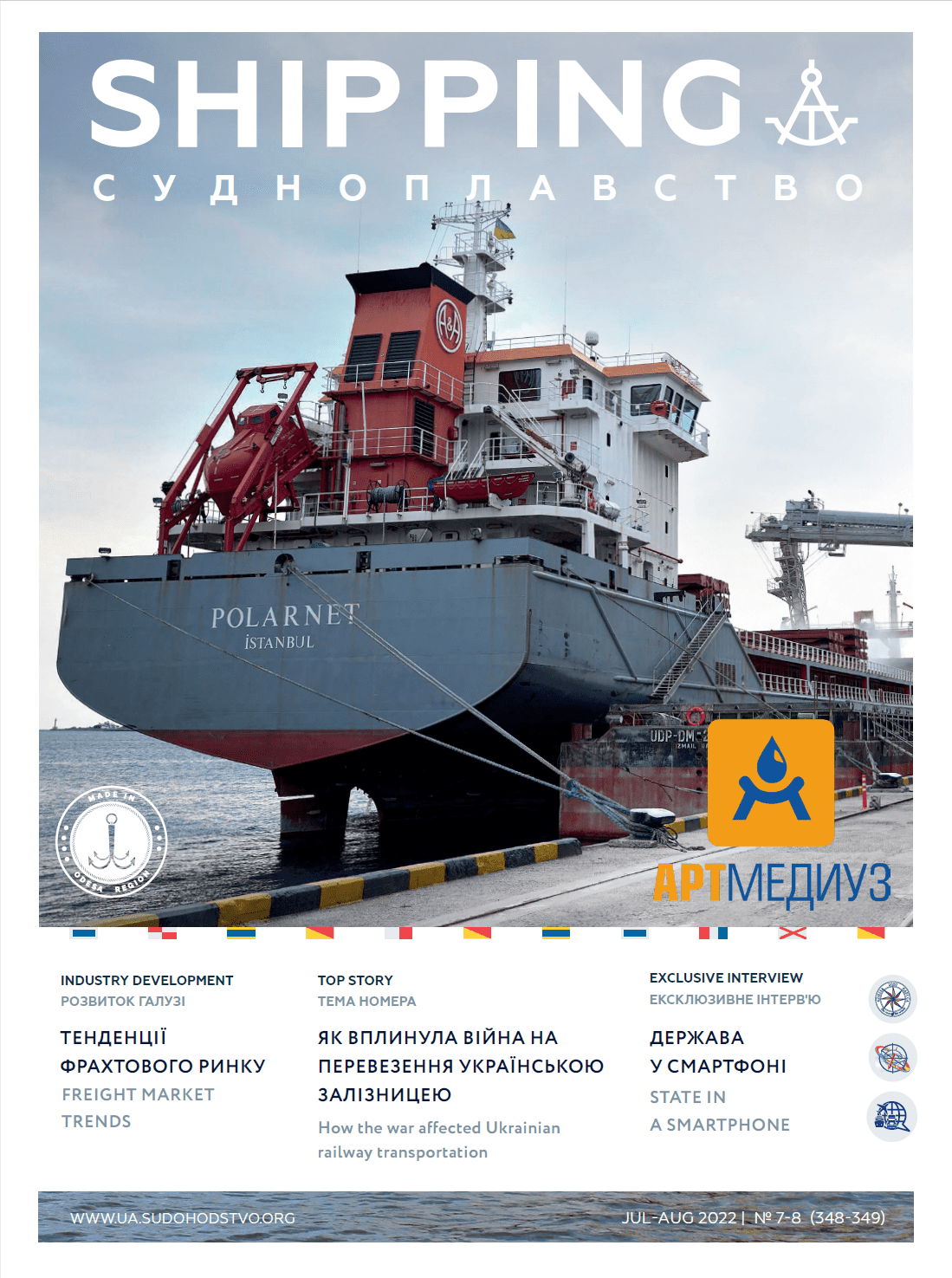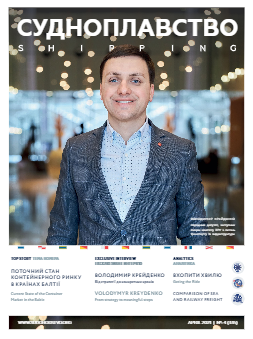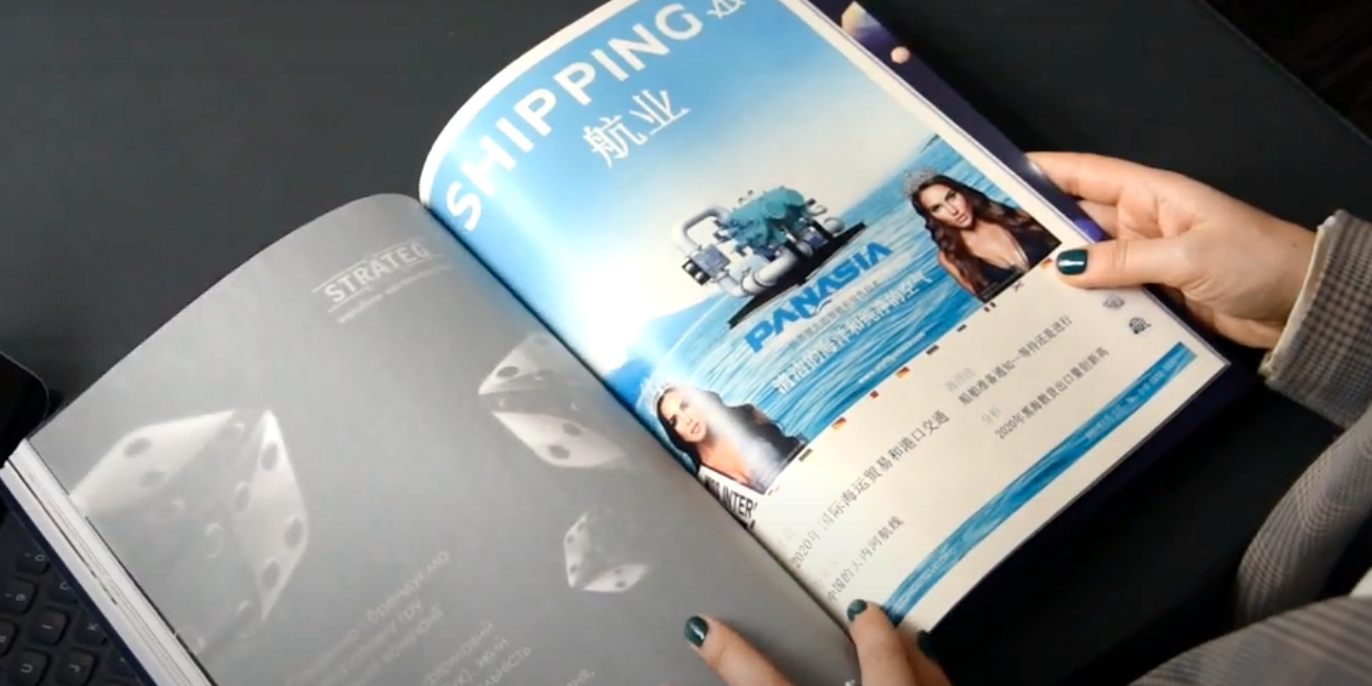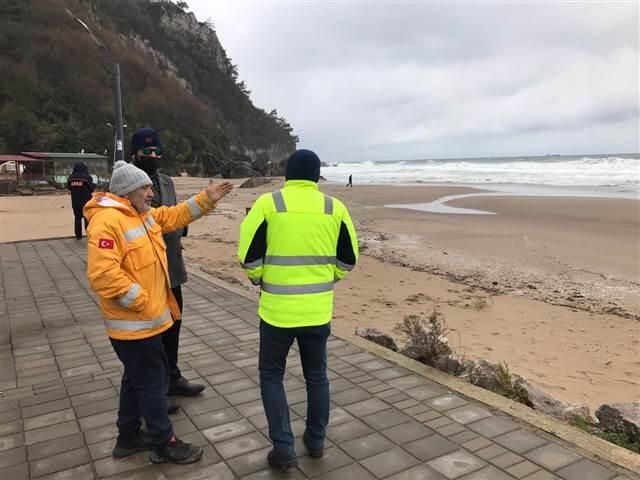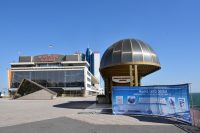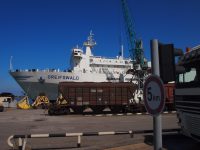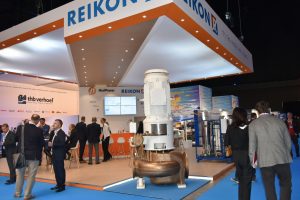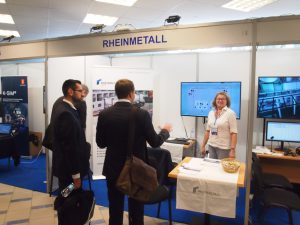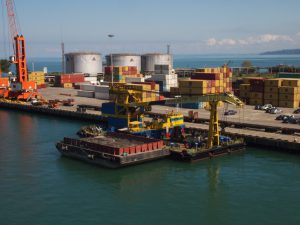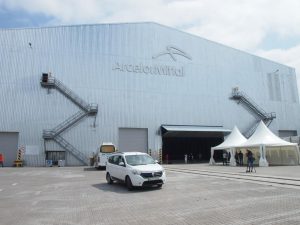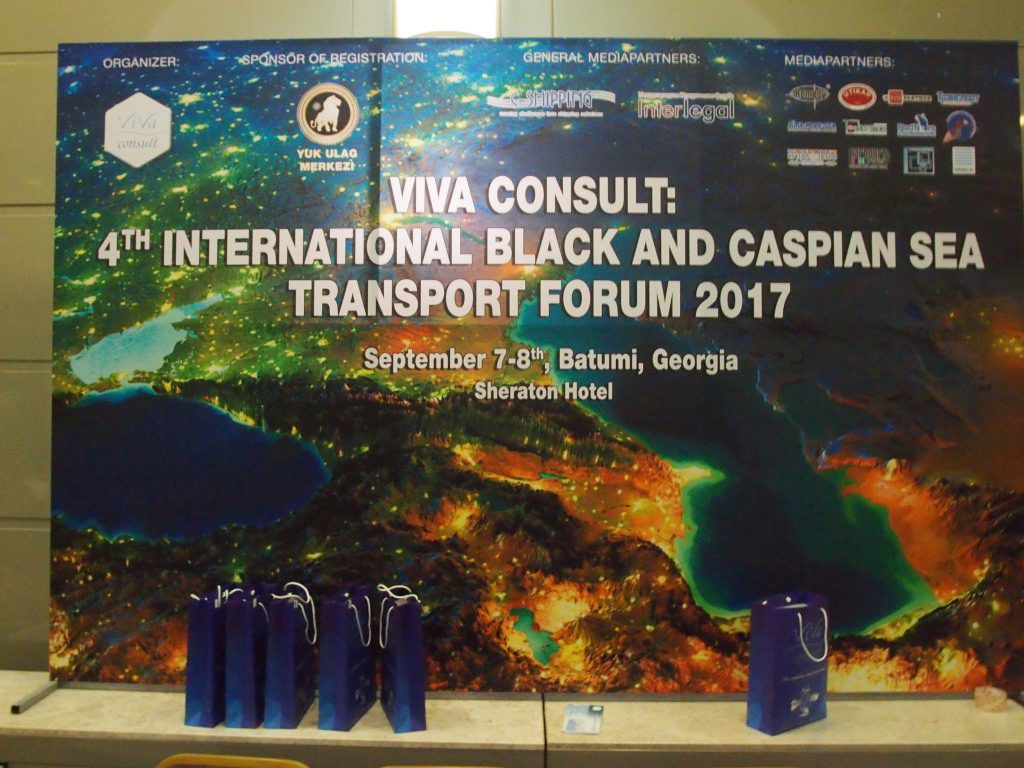 The Georgian city of Batumi became the venue for the 4th International Black an Caspian Sea Transport Forum, an annual conference devoted to topical issues of sea and land transportation in the region. The participants included representatives of the maritime, rail and forwarding business, top and middle managers of ports, terminals, maritime administrations, container lines, railway operators, ship and cargo owners, and investment companies from the Black Sea, Caspian and Baltic regions.
The Georgian city of Batumi became the venue for the 4th International Black an Caspian Sea Transport Forum, an annual conference devoted to topical issues of sea and land transportation in the region. The participants included representatives of the maritime, rail and forwarding business, top and middle managers of ports, terminals, maritime administrations, container lines, railway operators, ship and cargo owners, and investment companies from the Black Sea, Caspian and Baltic regions.
“Against the backdrop of the ongoing crisis in the transport logistics market and the existing barriers to global transport, consolidation efforts of the countries of the Caspian and Black Sea regions to develop and strengthen their transit opportunities are observed. On our forum, we raise problems, the solution of which will contribute to the achievement of this goal,” Vladislav Plyuschevsky, managing partner of Viva Consult (Ukraine, Dnipro), the organizer of the forum. said.
The main issues discussed at the conference:
- barriers in interregional cargo transportation, opportunities for their overcoming;
- development of the region’s transport infrastructure, new services and routes in sea, rail and road transport;
- main directions of import-export operations (grain, mining and metallurgical products, fertilizers), volumes, prospects;
- container transportation, optimization of services of container lines in the Black Sea;
- transit of goods between the Black Sea and Caspian regions.
Among the most interesting topics of the first session are the dynamics of cargo flows in the transport corridor TRACECA (Paata Tsagareishvili, expert, founder of the Transport Corridor Research Center, Georgia), the development of rail ferry services in the Black Sea (Natalia Kalinina, Head of Sales, PLASKE, Ukraine). Particular attention was paid to the countries – significant players in the Black Sea and Caspian markets: the president of UTIKAD, Emre Eldener, spoke about the development of the transport infrastructure in Turkey, and the adviser of the Iranian embassy Ali Shafaq drew attention to the prospects of his country’s ways to previously closed markets.
Grain, container and oil markets in the Black Sea and Caspian regions – these are the basic topics of the afternoon session of the conference. Director of Daniel Trading (Switzerland) Elena Neroba told about the conjuncture in the grain and oilseeds market, about the peculiarities of international logistics of corn, barley, wheat, soybean, sunflower rape and other crops. She also noted the growing volume of production and export of legumes in many countries.
The increase in the transshipment of grain and container cargo, as well as the development of infrastructure – these are the directions for the further development of the Odessa sea port. According to the representative of the port administration Sergey Dimitriev, today the grain is loaded on 13 berths: the elevators operate on six of them, on our transshipments are made by direct option, and another three – with the help of specials. The total volume of one-time storage of cereals is 670,000 tons.
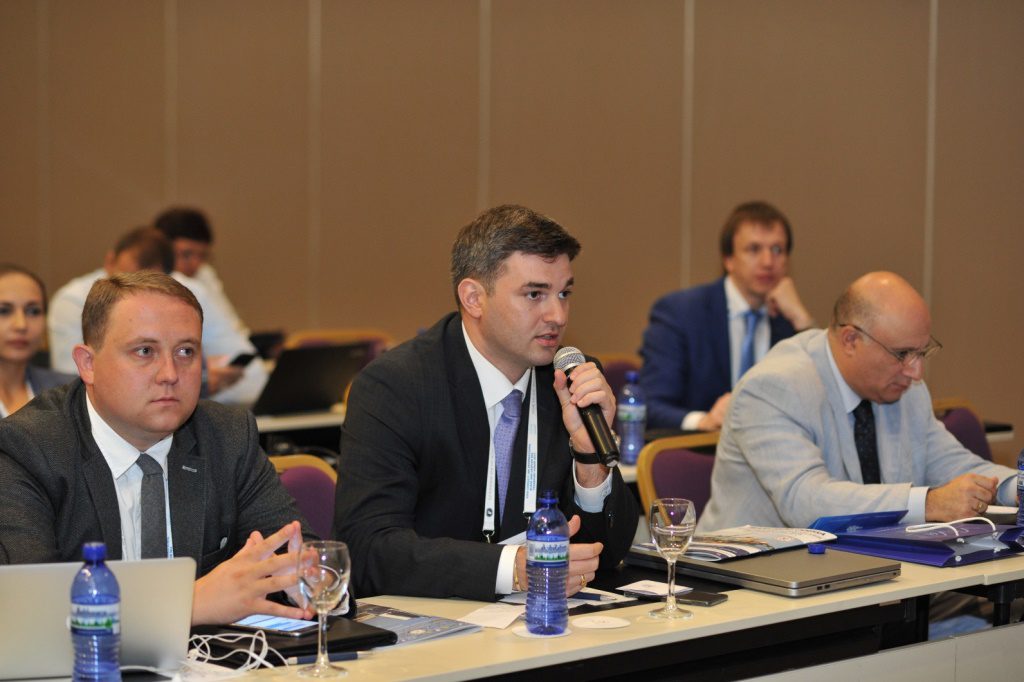 The report on the barriers to cargo transportation exemplified by Georgia and Azerbaijan, authored by Giorgi Tarimanishvili, Development Director of Trans Logistic (Georgia), aroused general interest. So, according to him, the main barriers are the current tax code, tariff preferences, as well as the state of the infrastructure. “Today traders use the Volga-Don channel to deliver cargoes from the Black Sea to the Caspian countries, and not the port terminals and the railway,” he said. Also, according to the speaker, the freight flow from the West to the East has so far been much less encouraged than in the opposite direction (from China to Europe). As a consequence, the ports and terminals in the Caspian are underloaded (about 50%), Georgian terminals, and the Baku-Tbilisi-Ceyhan oil pipeline.
The report on the barriers to cargo transportation exemplified by Georgia and Azerbaijan, authored by Giorgi Tarimanishvili, Development Director of Trans Logistic (Georgia), aroused general interest. So, according to him, the main barriers are the current tax code, tariff preferences, as well as the state of the infrastructure. “Today traders use the Volga-Don channel to deliver cargoes from the Black Sea to the Caspian countries, and not the port terminals and the railway,” he said. Also, according to the speaker, the freight flow from the West to the East has so far been much less encouraged than in the opposite direction (from China to Europe). As a consequence, the ports and terminals in the Caspian are underloaded (about 50%), Georgian terminals, and the Baku-Tbilisi-Ceyhan oil pipeline.
One of the special topics of the forum was the legal issues of sea transportation, an expert in which was Arthur Nitsevich, partner of the company Interlegal (Ukraine), the primary media partner of the forum. He talked about modern issues related to arrests and detentions of ships, and fraudulent schemes in the market. “One of the most common schemes is issuing incorrect instructions and recommendations for the agency of cargo, as a result of which it is in the possession of third parties,” A.Nitsevich said.
He also noted the problems associated with the upcoming creation of the register of beneficiaries of companies and the exchange of tax information.
Klaus Holm Larsen, managing director of APM Terminals Poti Sea Port, presented his port and spoke about the economic situation of the Caucasus region. “One of the main problems is that the Caucasus is secondary to the main world cargo flows, for example, the New Silk Road does not pass through our region,” he said. Therefore, according to K. Larsen, Georgia should find its place in the logistics chain of the Caucasus. “This is not easy, as one million TEUs is not expected here, and at the same time, much needs to be improved, quality of services improved and infrastructure upgraded,” said the Head of the port of Poti. He also complained that a third of the harbor season is closed for cargo reception, due to weather conditions, and this negatively affects the stability of cargo flows and trade in the region.
For his part, Fatih Yılmazkarasu, director of trade and customer relations for the large port operator Marport Terminal Operators (Turkey), assured that the Black Sea region is of interest to Turkey. So, today 6% of cargoes to / from Turkey are transported through the Black Sea. “Therefore, we will increase the amount of investment and develop this segment of our business, including improving the infrastructure. So, recently the length of vessels that we handle has increased from 250 to 400 meters. Our capacity is 2.3 million TEU, and we will continue to grow in this direction,” said the manager of Marport.
Maersk sales representative in Georgia Maria Rodriguez told about the problems of the container market. She stressed that 13 large operators reported a negative margin in 2016. In this situation, as a positive factor, she noted the consolidation of the market. For example, Maersk acquires Hamburg Sud, but it will not order new vessels and increase the existing tonnage.
At the end of the conference, Vladislav Plyushevsky thanked the participants, and also announced future forums under the auspices of Viva Consult, including the 5th International Black Sea-Caspian Transport Forum to be held next year in Batumi.
Media partner of the current forum, which was held at the Sheraton Batumi Hotel, was the international SHIPPING magazine.
